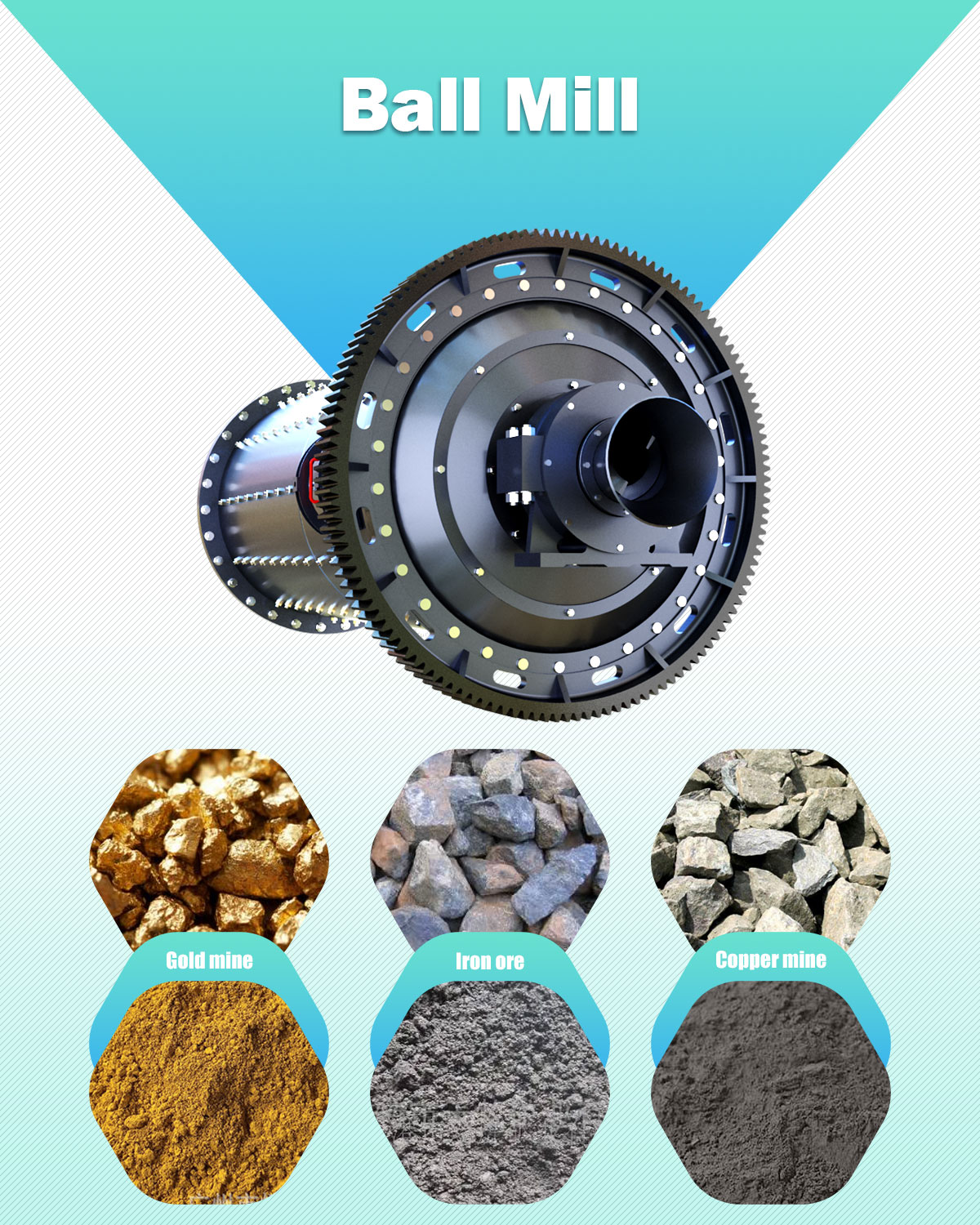NEWS
Why Is A Ball Mill Costly Compared With Other Mill?
By: Fote MachineryApril 21st,2023
Ball mills are an essential part of many industrial processes, from mining, construction to pharmaceuticals, chemical manufacturing. However, they are also known for being more expensive than other types of mills. In this article, we'll explore the reasons why ball mills are costly compared with other mills.
First, let's briefly describe what a ball mill is. A ball mill is a type of grinder used to grind, blend materials for use in various applications. The working principle of a ball mill is simple: it consists of a cylindrical drum that rotates around its axis, partially filled with the material to be ground, the grinding medium (usually steel balls). As the drum rotates, the balls tumble, crush the material, reducing it to a fine powder.
Now, let's dive into the reasons why ball mills are costly compared with other mills.

Materials & design
One reason why ball mills are more expensive than other mills is because of the materials, design used in their construction. Ball mills are typically made from high-quality steel or other durable materials, which can be more expensive than the materials used in other types of mills. Additionally, ball mills require precise engineering, design to ensure optimal performance, safety, which can also add to the cost.
Size & capacity
Ball mills are often larger than other types of mills, which means they require more materials to construct, may have higher operating costs. Additionally, ball mills typically have higher capacity requirements than other mills, which means they must be able to process larger amounts of material at once. This can require larger motors, other equipment, which can also increase the cost.
Maintenance & operating costs
Ball mills require regular maintenance to ensure optimal performance, longevity. This can include replacing worn or damaged parts, lubricating moving components, as well as checking for wear, tear. Additionally, ball mills can be energy-intensive, which means they can have higher operating costs than other types of mills. This can be particularly true if the materials being ground are hard or abrasive, which can increase the wear, tear on the mill's components.
Precision & accuracy
Ball mills are often used for precise, accurate grinding applications, such as in the pharmaceutical, chemical industries. This requires a high degree of precision, accuracy, which can be difficult to achieve with other types of mills. To achieve this level of precision, ball mills may require additional features or equipment, which can add to the cost.
Customization
Ball mills are often customized to meet the specific needs of a particular application. This can include modifications to the design, materials, or operating parameters to achieve the desired results. Customization can add to the cost of a ball mill, especially if the modifications require additional engineering or design work.
In conclusion, ball mills are more expensive than other types of mills due to the materials, design used in their construction, their size, capacity requirements, the need for regular maintenance, higher operating costs, their precision, accuracy requirements, the potential for customization. However, despite their higher cost, ball mills remain an essential tool in many industries, continue to be widely used for a variety of grinding, mixing applications.

